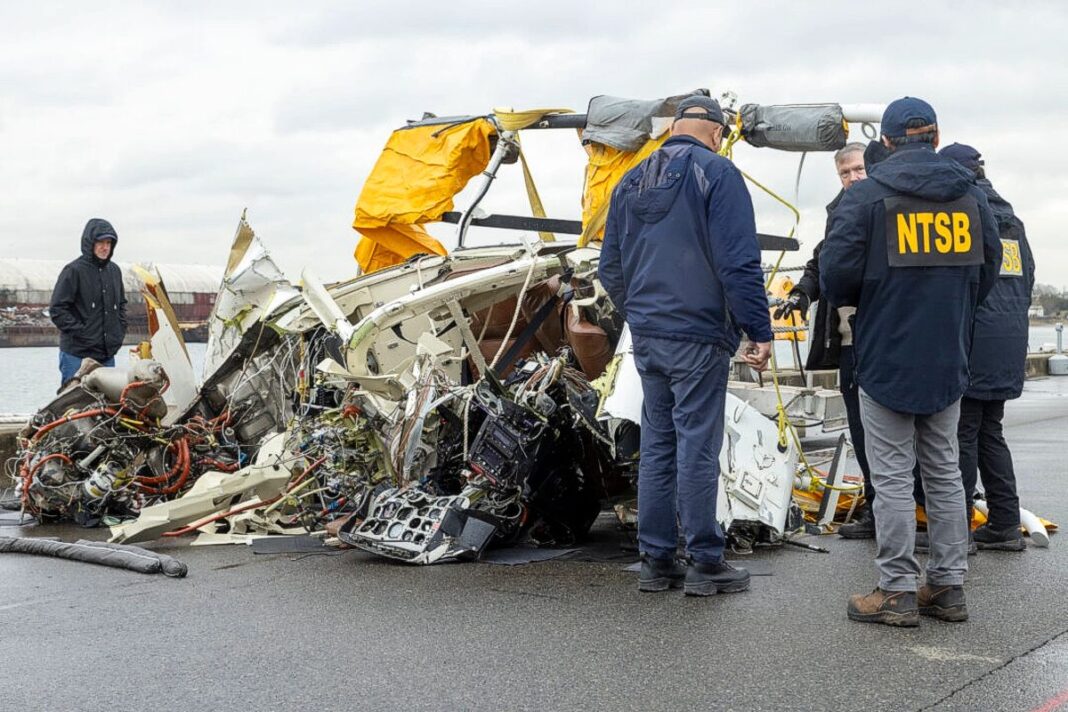The race is for a seat on the state’s top court.
The North Carolina Supreme Court has ordered the counting of tens of thousands of votes in a contested election for a judicial seat.
In a 4–2 ruling handed down on April 11, the state’s highest court said election officials must count votes from people who have been registered since 2004 but have no driver’s license numbers or last four digits of their Social Security numbers on record.
The majority said that a lower court wrongly decided earlier in April that the votes could not be tallied unless the people provided proof of eligibility before a deadline. The majority said that it was the North Carolina State Board of Elections that was at fault for not making sure the voters had presented the numbers.
“The Board’s inattention and failure to dutifully conform its conduct to the law’s requirements is deeply troubling. Nevertheless, our precedent on this issue is clear,” the majority said. “Because the responsibility for the technical defects in the voters’ registrations rests with the Board and not the voters, the wholesale voiding of ballots cast by individuals who subsequently proved their identity to the Board by complying with the voter identification law would undermine the principle that ’this is a government of the people, in which the will of the people—the majority—legally expressed, must govern.’”
The majority said the situation would be different if there were evidence showing “that a significant number of the roughly 60,000 ballots in the first category were cast by individuals whose identity was not verified by voter identification or who were not otherwise qualified to vote.”
The decision concerns a 2024 election for a seat on the state’s top court. At last count, Justice Allison Riggs, a Democrat, led challenger Jefferson Griffin, an appeals court judge, by 734 votes out of more than 5.5 million cast.
Riggs did not participate in the new ruling, which largely left intact two other portions of the appellate court’s ruling.
Justices declined to reverse a finding that military and overseas voters who did not provide photographic identification, or fill out identification exception forms, must provide one or the other for their ballots to count.








